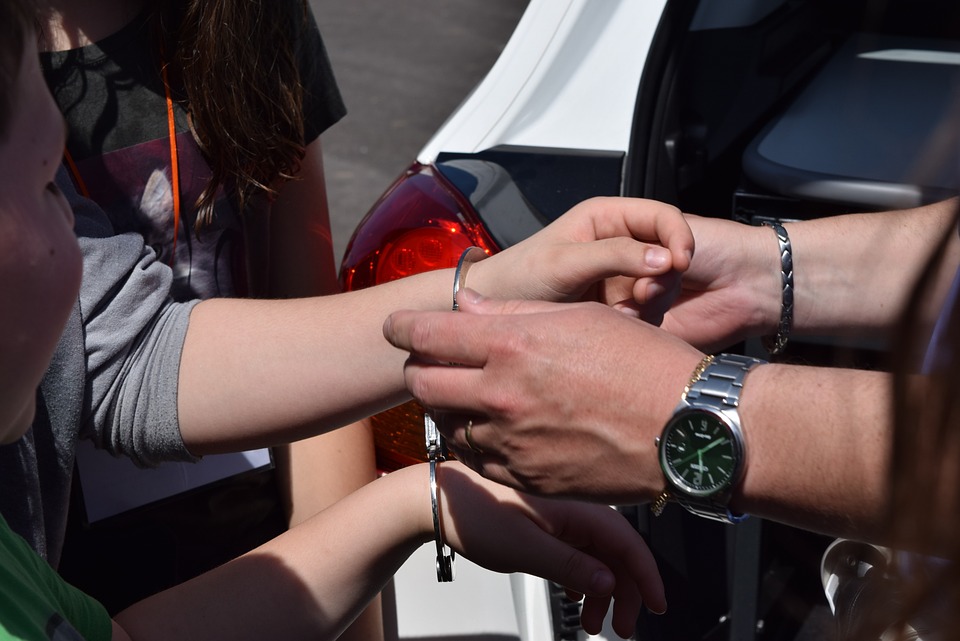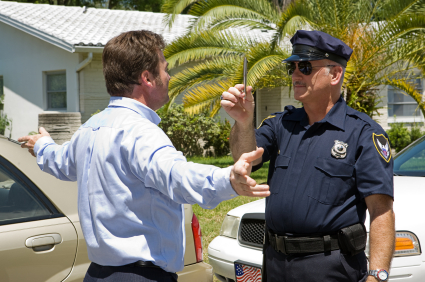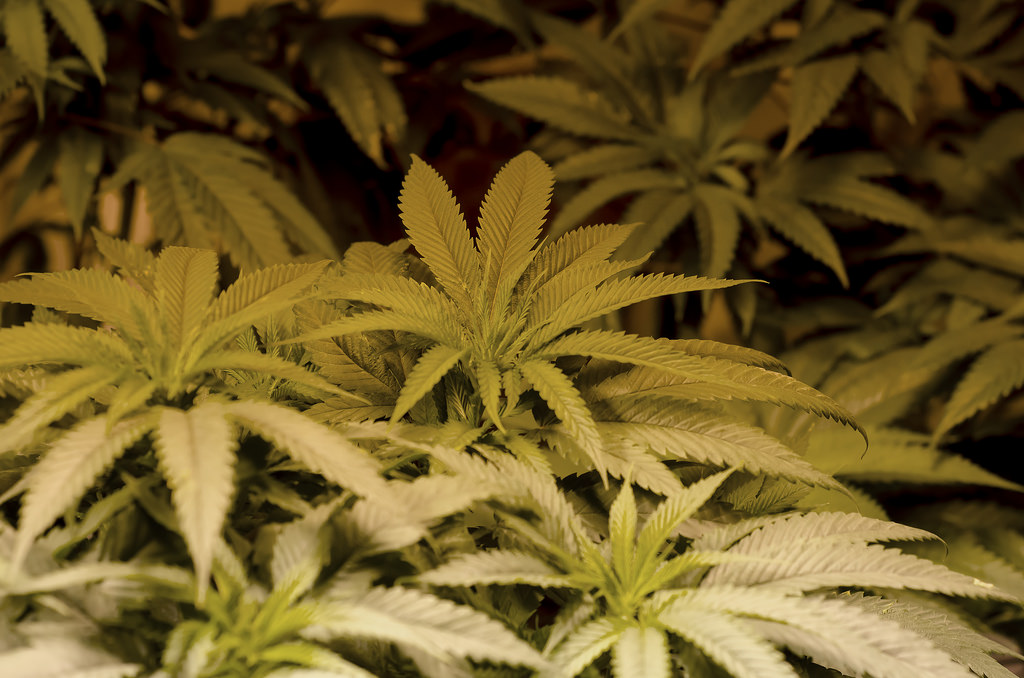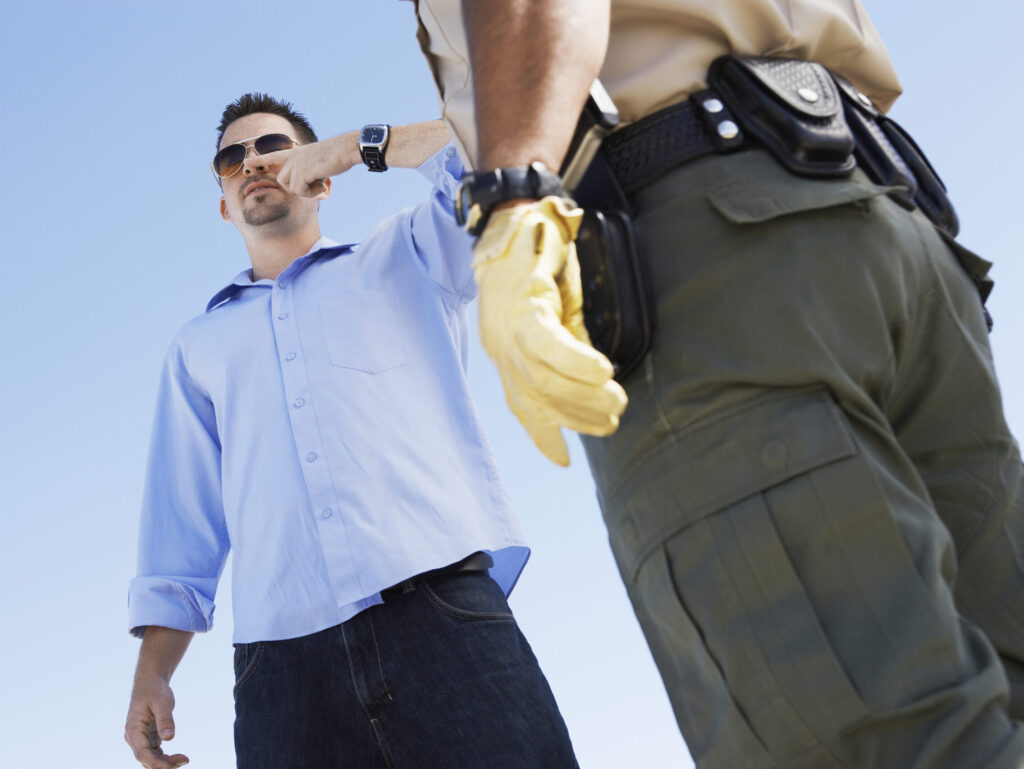DUI Articles
When You Are Facing DUI Probation Violations

If you violate DUI probation requirements in Colorado, you will be subjected to tough penalties that could permanently impact your life. DUI probation has strict requirements that must be adhered to at all times. If you fail, you could be summoned back to court or arrested for probation revocation. If you have been arrested under these circumstances, you need an experienced Breckenridge criminal defense lawyer. Read on to find out the penalties for probation violations in Colorado and what to do should you find yourself in such situations.
What Things Do Police Look for to Find Drunk Drivers?

When blood alcohol concentration (BAC) rises, actions are impaired, decision-making ability lowers, and behavior becomes unpredictable. BAC levels rise each time a person consumes alcohol. Once a person’s BAC has risen to 0.08%, they may face driving under the influence (DUI) charges; otherwise, they may face driving while ability impaired (DWAI) at 0.05% BAC. Those at +5% will demonstrate signs of impairment, which can look like the following:
How Having a DUI Can Affect Your Career Opportunities

DUI accidents are a huge problem in Colorado. Perhaps that is why the DUI laws are harsh–some of the strictest DUI laws in the country. If you are caught driving under the influence of drugs or alcohol, you will face severe penalties. These penalties can include jail time, losing your driver’s license, and hefty fines. If you cause an accident while driving under the influence, you will be held liable for any damages and injuries that result. DUI accidents are a severe problem in Colorado, and the laws are designed to discourage people from driving while intoxicated.
Why DUIs Are Sometimes Felonies and Sometimes Misdemeanors

A DUI can be a wobbler charge in some states, meaning that it can be charged as either a felony or a misdemeanor depending on the circumstances. For example, if a person is accused of causing serious injury or death while driving under the influence, the charge may be increased to a felony.
Other factors that can affect the classification of a DUI charge include the person’s blood alcohol content (BAC), whether the person has any prior DUI convictions, and whether the person was driving with a passenger under the age of 14 years old in the car.
Do I Need to Be Concerned About CBD DUIs?

Cannabidiol, more commonly referred to as CBD, is a chemical found in Marijuana plants and is often used for relaxation or pain management. CBD only contains very small amounts of Tetrahydrocannabinol (THC), the psychoactive substance found in the recreational drug cannabis.
Dealing with Car Impoundment After a DUI

Facing a DUI charge is an extremely stressful time. If your main source of transport has also been impounded, the complications of how you will get your vehicle back, as well as impound and towing fees, will all be weighing on you.
DUIs in Colorado School Zones

DUIs in Colorado are heavily prosecuted and can carry significant penalties upon conviction, including fines, community service, license suspension, and imprisonment. If you are convicted of a DUI charge in a school zone, this exacerbates the potential consequences.
What Effective DUI Defenses Look Like

When facing a DUI (driving under the influence) charge, an experienced defense lawyer can make all the difference. A skilled lawyer can get cases with insufficient evidence or improper procedure dismissed, help secure a not-guilty ruling, or fight for you to receive a more favorable sentence.
Breaking Down President Biden’s DUI Prevention Technology Requirements

Cars that detect whether their driver is intoxicated will soon become commonplace in the United States under the Infrastructure Investment and Jobs Act, recently signed by President Biden. Below we have summarized all you need to know about Biden’s innovative strategy to reduce drunk or impaired driving casualties in the U.S.
Do I Have to Do Field Sobriety Tests in Colorado?

Standardized Field Sobriety Tests (SFST) in Colorado are one of the main tools police officers use to determine whether a person is driving whilst under the influence of drugs or alcohol. However, field sobriety tests are not always reliable, and many drivers are unaware of their rights when requested to perform one.